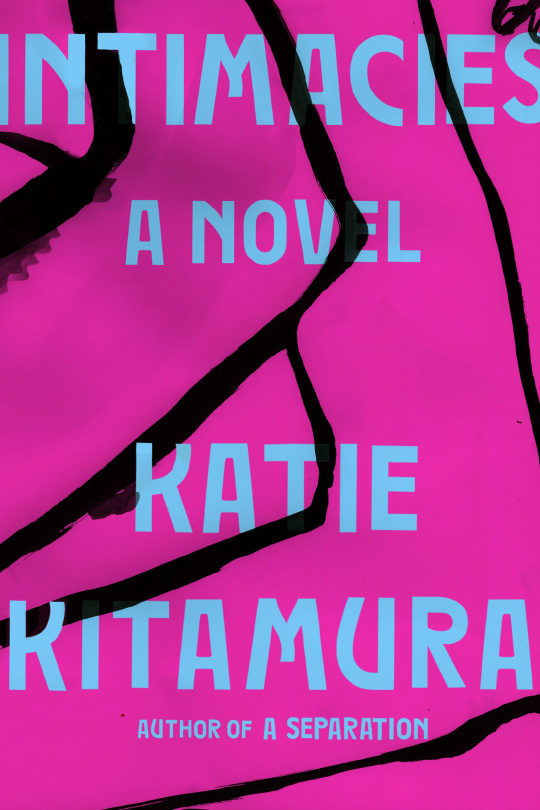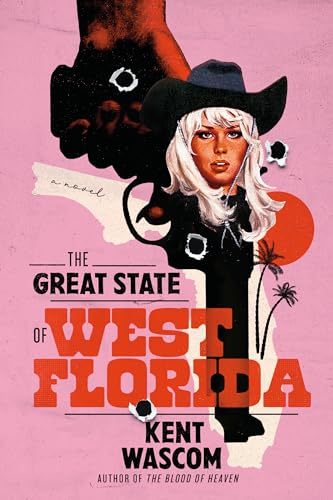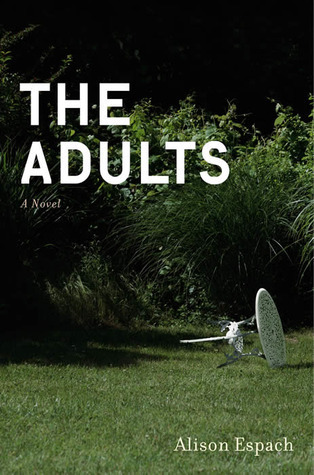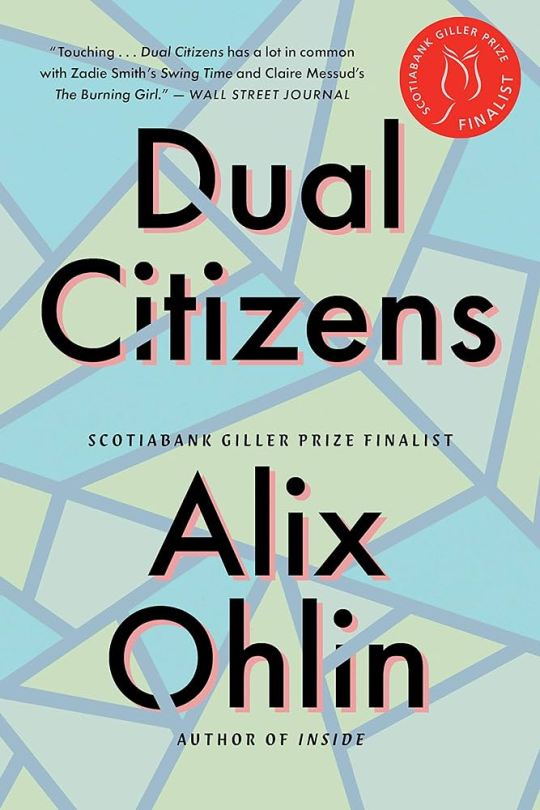#sio supremacy
Explore tagged Tumblr posts
Text
Sci-Fi Saturday: Gold

Week 13:
Film(s): Gold (Dir. Karl Hartl, 1934, Germany)
Viewing Format: Blu-Ray: Kino Lorber
Date Watched: 2021-08-20
Rationale for Inclusion:
Most popular histories of German cinema gush over its silent era and Fritz Lang's early talkies, boils the Nazi era down to propaganda films, and then rapidly moves on to West Germany's New Cinema of the 1960s and 1970s. When touring the Berlin Film Museum in 2006, they had an exhibit acknowledging cinema made under the Nazi regime, but it was plain, matter of fact, and not at all celebratory of any figure or works. The standing international agreement to not give Nazis more credit for anything positive created under their supervision between 1933 and 1945 is one that this lifelong Indiana Jones fan, from a country that has historically been less willing to acknowledge its own history of genocide and white supremacy, cannot argue with.
However, when something is made deliberately withheld or rendered taboo, it risks developing a fetishistic or contrarian following. Curated, contextualized access is preferable to dispel mystique and render a work mundane. However, a work's problematic nature cannot be exercised completely, nor can the stain of its lineage be fully forgotten once known. This mental calculus of having interest in or love for a work despite it or its creator's controversial nature is something each person must work out for themselves.
All that to say, if you're grossed out by the inclusion of a film created under the Nazi regime, that's a completely fair perspective. However, surreptitious curiosity is also valid, and a normal human emotion.
And curiosity is definitely what motivated my inclusion of Gold (Dir. Karl Hartl, 1934, Germany). Partly it was wondering what a Nazi supervised science fiction film was like, period, especially relative to the Weimar Era films previously viewed. Partly it was a more basic curiosity: the prospect of hearing the voice of Brigette Helm, of Metropolis (Dir. Fritz Lang, 1927, Germany) fame. And to be perfectly honest, the simplistic wonder of hearing the voice of a performer whose art focuses on pantomime was the bigger draw.
Reactions:
Brigette Helm has a voice that is consistent with her appearance: elegant and German. The anticlimax of learning that fact is on par with realizing Harold Lloyd has a soft spoken, Midwest accent that matches his aesthetic, as opposed to the surprise of Charles Chaplin's English accent or Buster Keaton's deep baritone voice.
That question out of the way, what about the film itself? Nothing especially anti-semitic or fascist in visuals or content makes its production origin glaringly obvious. Given that like F.P.1 [AKA F.P. 1 Doesn't Answer] (F.P.1 antwortet nicht, Dir. Karl Hartl, 1932, Germany) an additional French language version was produced with export in mind, and the Nazis had just come to power and purchased UFA in 1933, and would not begin explicit international aggressions until 1938, it follows that they would not want to compromise cinematic commerce in 1934.
Instead, Gold is about the relationship between scientific progress and capitalist greed. A German scientist (Friedrich Kayßler) is about to succeed in the dreams of the alchemists and create a machine that can transform lead into gold, when sabotage destroys the machine and its creator with it. His engineer Werner Holk (Hans Alber) swears vengeance for his friend, and takes a job with industrialist John Wills (Michael Bohnen), who arranged the sabotage in order to corner the market on the technology. Holk proceeds to take down the usurper from the inside and the film ends with lots of satisfying explosions.
Amid the straightforward wrong scientist seeks revenge narrative are some incredible set pieces. Giant electrodes and machines with tunnel trains connecting the underground laboratory to the mainland. The sets and props were so impressive that footage of them was later reused in The Magnetic Monster (Dir. Curt Siodmak, 1953, USA). However, UFA did not make additional science fiction films during the Nazi era, so the sets and props were not reused in other movies by the studio.
Gold is interesting and ultimately competent but unremarkable, compared to the genre films that came before it.
And if you are interested in learning more about German cinema during the Nazi era, I recommend the documentaries Hitler's Hollywood (Dir. Rüdiger Suchsland, 2017, Germany) (which features Gold briefly) and Forbidden Films (Verbotene Filme, Dir. Felix Moeller, 2014, Germany).
3 notes
·
View notes
Text







Books Read April 2024
White Cat, Black Dog by Kelly Link
I've been told to read Link for years, and, well she lived up to the hype. These are some gorgeous re-interpretations of classic fairy tales and folklore which is exactly what I love. I would say I only loved about half the stories and found the rest meh but Link is clearly a gifted writer and this was an easy read.
Intimacies by Katie Kitamura
This felt weirdly like a really good companion novel to Study in Obedience. Both feature an unnamed narrator living in Europe which is not their homeland. Yet while SiO examines the eeriness of the countryside Intimacies is about the eeriness of the city. Loved this one better than SiO though. Will definitely be retuning to Kitamura though I admit that I read this early in the month and despite enjoying it it has faded a LOT. I guess that's what happens with plotless novels.
Dragonwyck by Anya Seton
Historical romance fiction. IDK this was okay but never got as weird as I wanted it to. A solid read though.
The Great State of West Florida by Kent Wascom
Made a bit of a mistake in picking this up as an ARC based on the cover only to later realize it was the last in a 4 book series. Still an enjoyable read that stands on its own. A weird modern western about a family trying to establish West Florida as an independent state and an alternate white supremacy movement trying to do the same. It's weird but interesting.
The Adults by Alison Espach
Went into this blind after hearing this raved by several people and just absolutely loved it. It's hard to describe but it's basically about a snarky, wealthy white 14 year old and how her life is jutted off course by decades. Don't want to share more than that but I love Espach's voice and will be reading more of her in the future.
The Yiddish Policemen's Union by Michael Chabon
A wonderful, alternate history crime novel. The ending didn't stick for me but this is still a full five stars. Gorgeous writing, a lived in world. I will be returning to this one.
Dual Citizens by Alix Ohlin
I love books about sisterhood but I found this entire book underdeveloped and kind of boring. Colour me baffled by another Giller choice.
#Currently reading#White Cat Black Dog#Kelly Link#The Yiddish Policemen's Union#Michael Chabon#Dual Citizens#Alix Ohlin#Intimacies#Katie Kitamura#The Great State of West Florida#Kent Wascom#The Adults#Alison Espach
1 note
·
View note